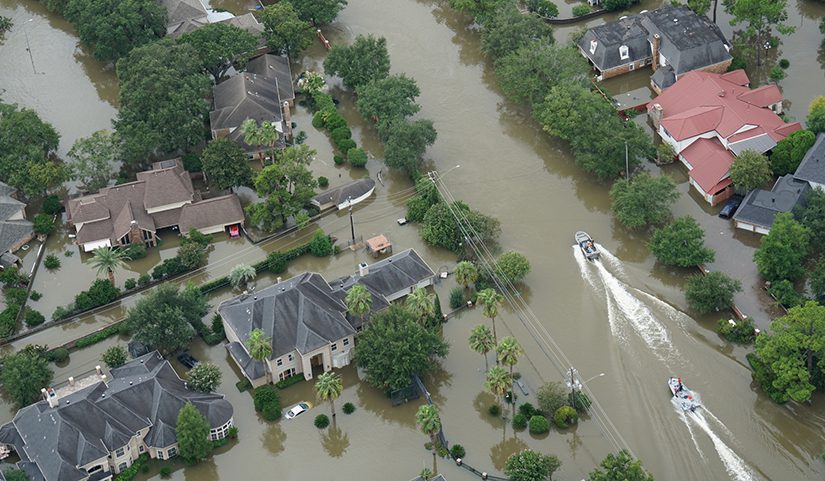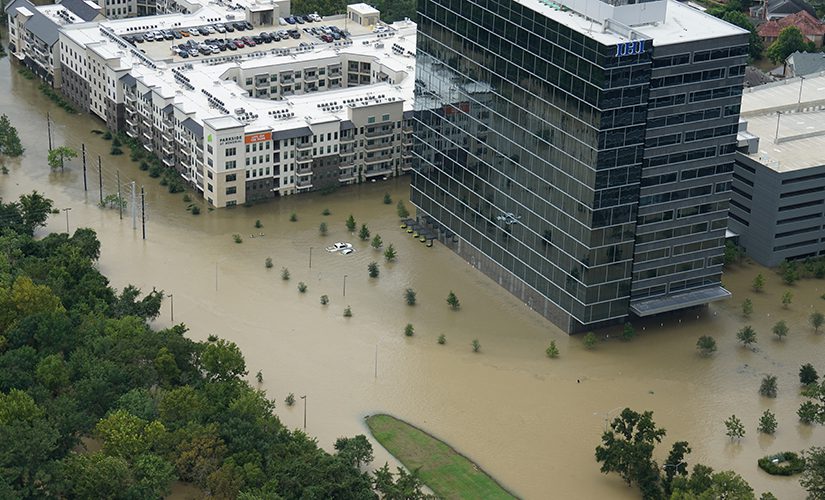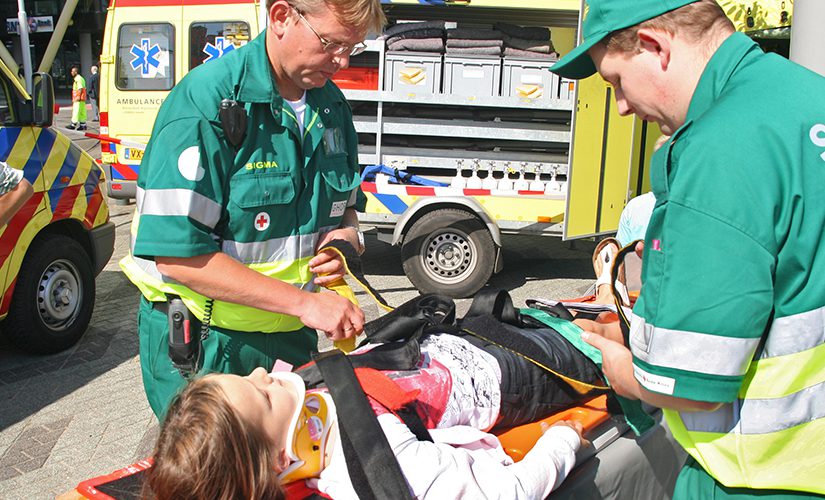Category: PHEP
Operation Shortbread Is Not Your ‘Cookie Cutter’ MCM Exercise

December 4 is National Cookie Day, which—from a public health perspective—is what makes the scratch-made story of Baltimore County Department of Health and Human Services’ Operation Shortbread a fitting one to tell this time of year. What do cookies have to do with public health, you ask? Before we answer that question, let’s begin with Read More >
Posted on by 5 CommentsThe Neighborly Thing To Do: States Helping States During Disasters

Since 9/11, the CDC’s Public Health Emergency Preparedness (PHEP) cooperative agreement program has been a critical source of funding, guidance, and technical assistance for state and local public health departments, helping to build and maintain a nationwide emergency management system that saves lives through its capability to rapidly respond to threats. But the PHEP program Read More >
Posted on by Leave a commentPartnerships Help Save Lives When Disaster Strikes

Public health emergencies occur every day across the United States. Tornadoes, hurricanes, wildfires, floods, infectious disease outbreaks, terrorist attacks, and other emergencies have all occurred within the past few years and likely will happen again. Communities must be ready in the event of a public health emergency – both those they expect and those that Read More >
Posted on by Leave a commentMoving the Dial on Preparedness: CDC’s 2018 National Snapshot

Every year, CDC’s Office of Public Health Preparedness and Response publishes the Public Health Preparedness and Response National Snapshot, an annual report that highlights the work of CDC and our partners. No matter the type, size, or cause of a public health emergency, we must work together to respond to the best of our ability. Read More >
Posted on by Leave a commentPreparedness and Response in Action: Stories from the States

CDC’s Public Health Emergency Preparedness (PHEP) cooperative agreement is a critical source of funding, guidance, and technical assistance for state, local, tribal, and territorial public health departments to strengthen their public health preparedness capabilities. Since 9/11, the PHEP program has saved lives by building and maintaining a nationwide public health emergency management system that enables Read More >
Posted on by 2 CommentsPreparing for the Worst-case Scenario

Setting the Stage Imagine this: Explosions across New York City target elementary schools. Hundreds of severely injured and traumatized children, teachers, and parents flood hospital emergency departments in the five boroughs. Municipal emergency medical services (EMS) are rushing to respond. Fortunately this scenario wasn’t really happening – it was part of an exercise conducted on Read More >
Posted on by Leave a comment
